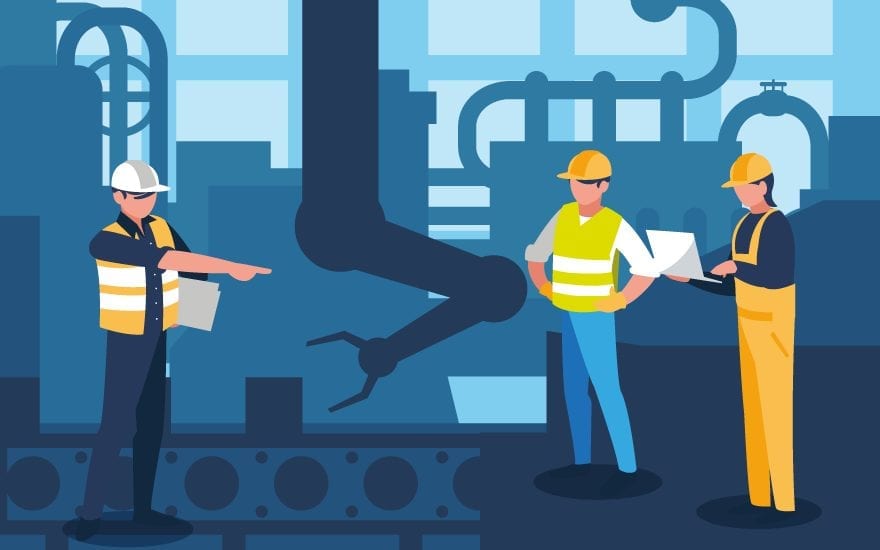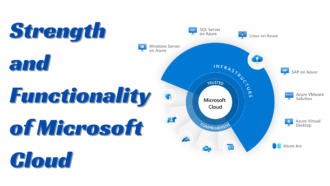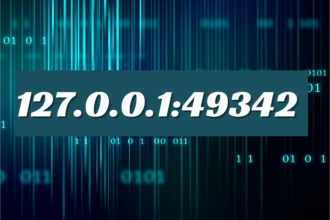Design Process Of Quality Industrial Machinery?
At our manufacturing unit, we specialize in designing and developing industrial machinery tailored to the needs of our client’s production processes. There is no space for it in our daily lives, which is impossible. The experienced industrial design team in Valladolid evaluates each request with the client and designs the required particular machine solution. Do you want to know more about the quality industrial machinery design process that our team follows?
Beyond the approach, our 360 engineering services include defining the concept of machinery appropriate to the needs and all the technical, safety, production capacity, and costs that industrial design implies.
The design process of quality industrial machinery of our Engineering
The product design combines several factors such as ergonomics, ease of use, environmental impact, costs, ice of materials, or the mechanical and structural properties of others. Hence, the quality industrial machinery design process involves the work of a team of transversal design engineers.
In this sense, the designer is in charge of talking with the client to obtain a briefing on the project’s characteristics, requirements, and technical and contextual specifications. From this information, the whole process begins, from the conception of a primary object to the final production. In our industry, we cover all the intermediate stages between the two.
All this is done with one maxim in mind: our main objective is to create an industrial solution at the lowest possible cost for the customer, or what is the same: innovate, develop, and optimize.
Phase 1 of the industrial machinery design process: creativity and image
In this first stage of the industrial design process, our professionals study the project and work on the conception of the product to be designed. This implies defining all its characteristics and behaviour patterns at the destination.
After this, an assessment and validation meeting is held with the client. Collecting your feedback and adapting the design 100% to the client’s expectations is the objective. Creativity is an essential tool for meeting the customer’s needs. Hence, our engineers approach design from an aesthetic and, above all, functional point of view.
Phase 2: Product Industrialization
Once this initial concept has been approved, the manufacturing project is planned in each phase. This is where the process optimization team comes into play. Their role is to add all possible improvements to the proposed process to guarantee the best result at the lowest cost for the client.
Phase 3: prototype is made
An industrial prototype combines design, engineering, and industrial development. Thanks to prototyping, the client and the industrial design team can evaluate whether the presented product meets the client’s needs.
At the same time, it allows teams to anticipate potential problems at their destination and in operation. Only when all the elements are perfectly matched in the requirements and conditions is the final phase of the quality industrial machinery design process passed: the production of the industrial machinery.
Does the team’s involvement end here? Not much less. Any product, especially in industrial design, undergoes a series of changes over time (use, extensions, modifications), which makes it a product with a continuous life cycle. Obsolescence occurs only at the end of the valuable life, which leads to a new replacement project for the industrial machinery developed.

















